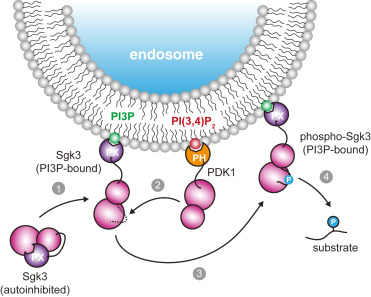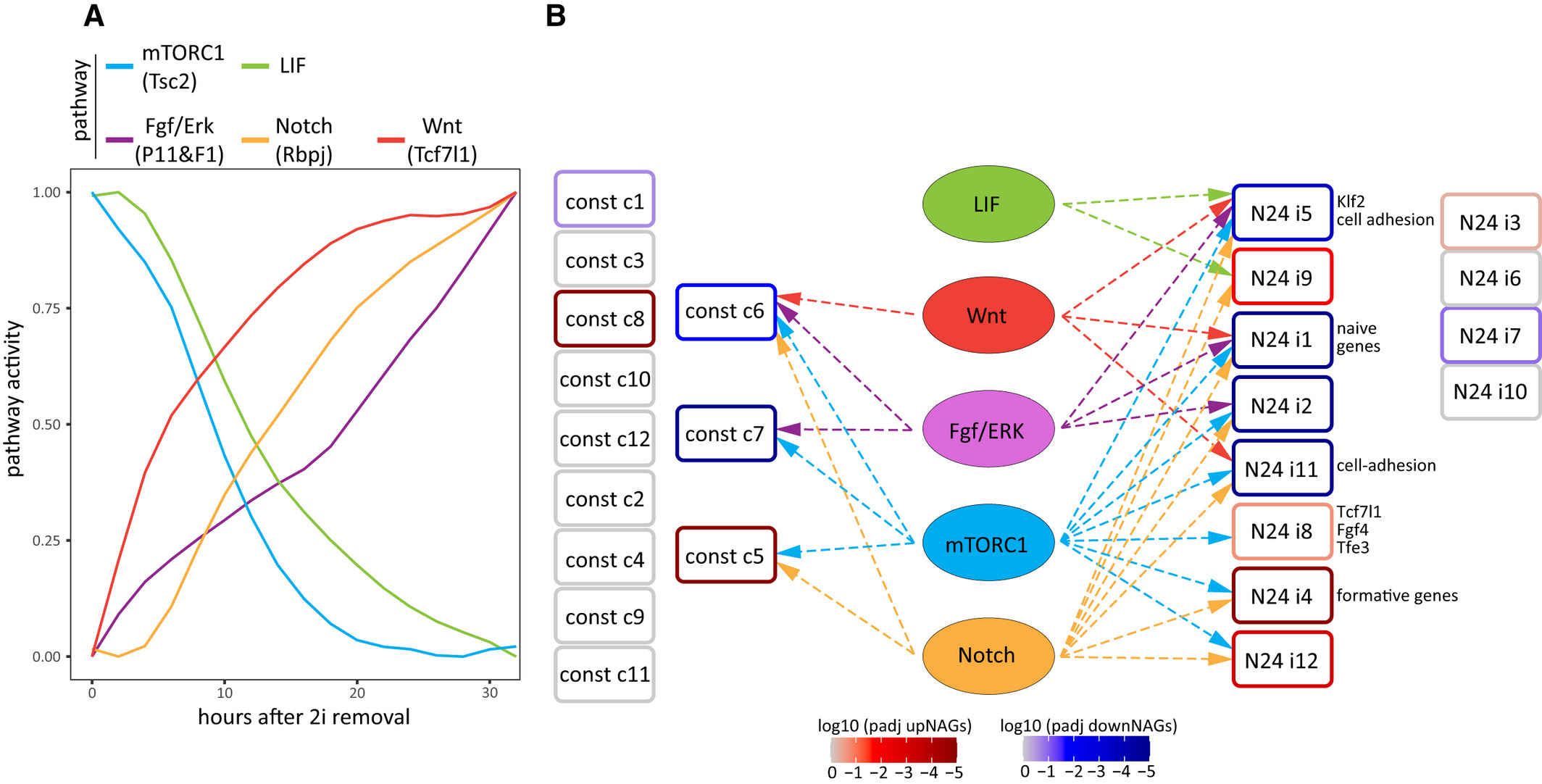Klebsiella pneumoniae is a significant cause of nosocomial pneumonia and an alarming pathogen owing to the recent isolation of multidrug resistant strains. Understanding of immune responses orchestrating K. pneumoniae clearance by the host is of utmost importance. Here we show that type I interferon (IFN) signaling protects against lung infection with K. pneumoniae by launching bacterial growth-controlling interactions between alveolar macrophages and natural killer (NK) cells. Type I IFNs are important but disparate and incompletely understood regulators of defense against bacterial infections. Type I IFN receptor 1 (Ifnar1)-deficient mice infected with K. pneumoniae failed to activate NK cell-derived IFN-γ production. IFN-γ was required for bactericidal action and the production of the NK cell response-amplifying IL-12 and CXCL10 by alveolar macrophages. Bacterial clearance and NK cell IFN-γ were rescued in Ifnar1-deficient hosts by Ifnar1-proficient NK cells. Consistently, type I IFN signaling in myeloid cells including alveolar macrophages, monocytes and neutrophils was dispensable for host defense and IFN-γ activation. The failure of Ifnar1-deficient hosts to initiate a defense-promoting crosstalk between alveolar macrophages and NK cell was circumvented by administration of exogenous IFN-γ which restored endogenous IFN-γ production and restricted bacterial growth. These data identify NK cell-intrinsic type I IFN signaling as essential driver of K. pneumoniae clearance, and reveal specific targets for future therapeutic exploitations.
J Biol Chem 297(2) 100919
D. Pokorny, L. Truebestein, K. D. Fleming, J. E. Burke, and T. A. Leonard
J Biol Chem 297(2) 100919
D. Pokorny, L. Truebestein, K. D. Fleming, J. E. Burke, and T. A. Leonard




